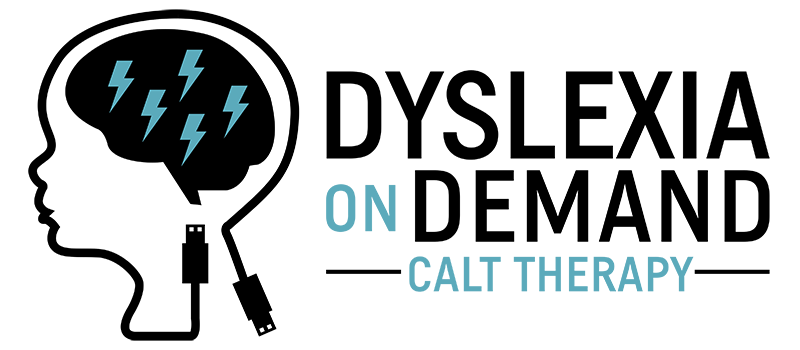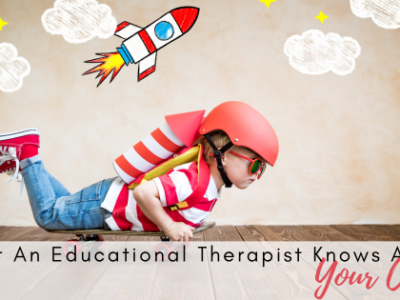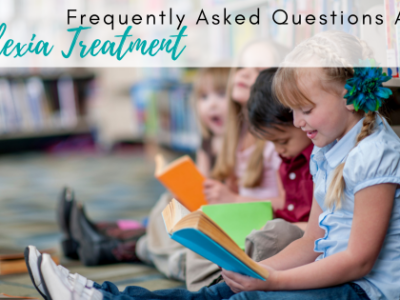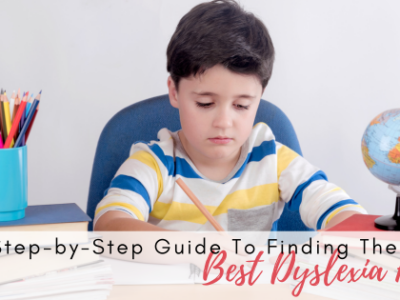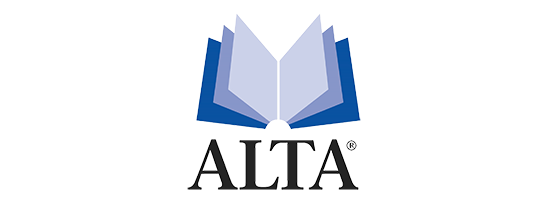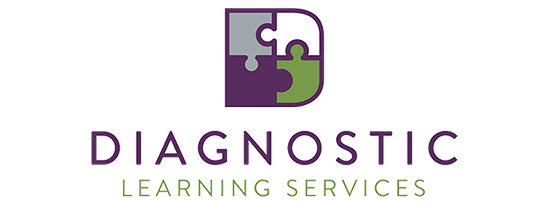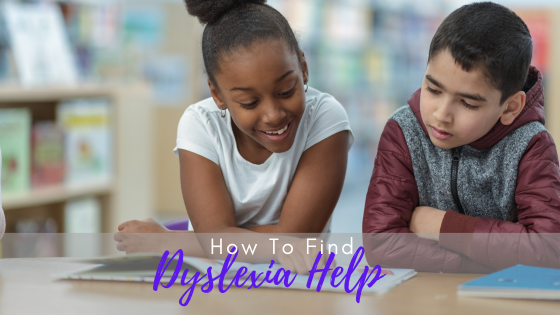
How To Find Dyslexia Help
Sometimes the signs of dyslexia show up in early childhood—around preschool or kindergarten. Things like delayed speech and language development, difficulty learning letters, rhymes, and songs, or even trouble with fine motor skills like writing and drawing can surface around this young age. Later, when students are school-aged, signs of dyslexia might become more obvious in a lack of skills in things such as reading fluency and speed, word recognition and spelling, and issues with reading comprehension. The signs or symptoms of dyslexia are never the same in all children, and the severity of issues will vary. However, no matter what degree of difficulty seems to surface in your student, it is wise to seek help for your child’s dyslexia. There are many places to look for dyslexia help. Read on to learn more about how to find dyslexia help.
Work on wellness. It is recommended that every child has annual wellness checks. Ideally, visiting your pediatrician each year allows you to establish a good connection with your doctor. While a pediatrician may not be able to diagnose and recommend treatment for dyslexia, these doctors are on the frontlines of wellness. They can rule out other medical conditions that may be affecting your child’s reading. Pediatricians are good people to talk to about local resources in your community, recommendations, and next steps; they can also refer you to a specialist if further evaluation is needed.
Seek an expert opinion. Learning specialists are equipped to assess your child’s skills and to determine whether or not they have dyslexia. From there, a learning specialist should be able to recommend different treatments or interventions for your student. It’s important that the specialists you are relying on are certified in dyslexia, such as a Certified Academic Language Therapist.
Do your research. While working with experts is so helpful for students with dyslexia, parents often want to learn more about the issues their child is dealing with. Luckily, there are some good resources online to check out. Some of these include: The International Dyslexia Association (the IDA), the National Center for Learning Disabilities, and Understood. The IDA also has a list of local chapters that may be able to offer support and more information.
Talk to the teacher. Your child’s teacher is someone who knows your student’s daily classroom habits well. Once you are seeking dyslexia help, it is a good idea to make your child’s teacher aware of issues your child is working on. Teachers may be able to make accommodations in the classroom—such as better seating arrangements for your student. Letting your student’s teacher know about a dyslexia diagnosis is so helpful for instructors who are working with your child in an academic setting each day. Also, make sure that they are conducting early screening dyslexia measures at the end of kindergarten and mid first grade and that you know the results.
See your counselor. School counselors can be a great resource when you’re looking for dyslexia help. While teachers are in the classroom each day, school counselors may be able to provide more help. Counselors like this can also provide individual counseling to students to help them understand their dyslexia, work on any social or emotional concerns, and even develop some self-advocacy skills. As parents, you can seek more information about dyslexia and study skills and strategies you can use to help your child.
Get some support. There may be local support groups in your area that serve parents of children with dyslexia. This can be a great place to meet other families who have similar experiences, practical advice, and a wealth of resources for working with children with dyslexia. Social media is also a great place to turn for support.
Go to therapy. Dyslexia on Demand is available online; in short, it is dyslexia therapy reimagined. When you’re a parent seeking dyslexia help for your child, it is so easy to get overwhelmed. Dyslexia therapy offers a long-lasting solution and a holistic approach for your child’s dyslexia. Sessions with Dyslexia on Demand are taught by Certified Academic Language Therapists; these CALTs work to equip your student with high levels of accuracy, knowledge, and independence. Our therapy programs work to shift your student’s cognitive learning process, improving their reading skills.
